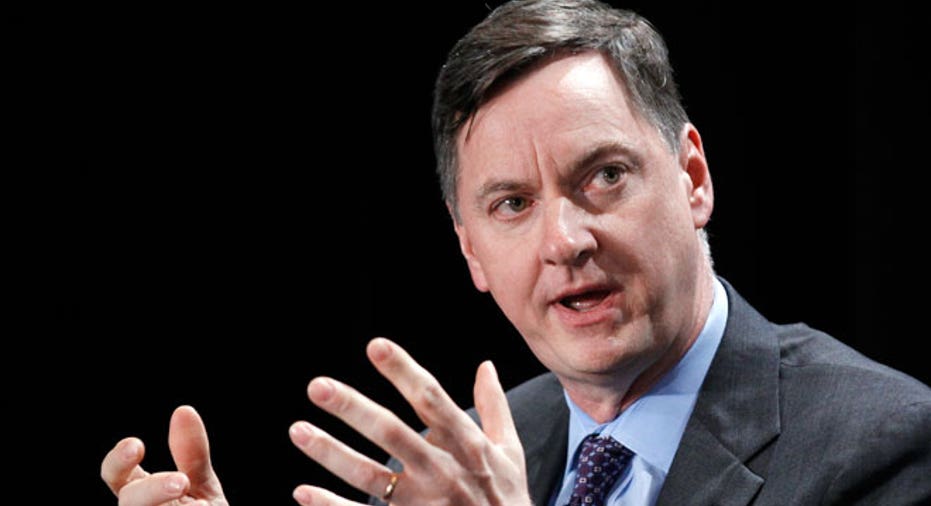Fed's Evans: Aggressive Fed Policy Still Needed

NEW YORK--Federal Reserve Bank of Chicago President Charles Evans said Wednesday that the urgency of getting the economy back on track means the central bank should be willing to push unemployment lower or inflation higher than would normally be desirable.
"The surest and quickest way to reach our objectives is to be aggressive," Mr. Evans said. "We must be willing to overshoot our targets in a manageable fashion," he said.
"Policies that would instead place us on a slow glide path toward our targets undermine the credibility of our claim that we will do our job and meet mandated policy goals in a timely fashion," Mr. Evans said. He added, "we should be maintaining a large degree of accommodation for some time."
Mr. Evans' comments came from the text of a speech prepared for delivery before the 23rd annual Hyman P. Minsky Conference in Washington. The central banker isn't currently a voting member of the monetary policy setting Federal Open Market Committee.
Mr. Evans has been a steadfast supporter of taking strong action to improve the economy, although he also counts himself as a supporter of the central bank's ongoing effort to wind down its bond-buying stimulus program to reflect improvements in the economy.
In his remarks, Mr. Evans said he thinks that while the Fed should be willing to overshoot its goals, he thinks there's little chance that will actually happen. He notes that the current unemployment rate of 6.7%, while challenging to interpret, remains above "well above" the 5.25% rate that he sees as normal for a healthy economy.
Meanwhile, on the prices front, inflation continues to run well under the Fed's 2% target amid few signs it will rise to problematic levels any time soon.
Mr. Evans offered a strong rebuke to those who fear strong inflation is fixing to break out. "Many greatly exaggerate the risks of overly high inflation," he said. "I am somewhat exasperated by these repeated warnings given our current environment of very low inflation. Many times, the strongest concerns are expressed by folks who said the same thing back in 2009 and then in 2010 and, well, you get the picture."
The central banker said he sees little kindling for an inflation surge. Commodity prices are being held down by tepid global demand, money supply levels have a weak correlation with economic activity, and there are few genuine signs the public and markets are expecting inflation to rise much in the future, he said.
Mr. Evans also noted "below-target inflation is a world-wide phenomenon and it is difficult to be confident that all policymakers around the world have fully taken its challenge onboard."
The official reminded the audience that when the Fed looks at inflation, it is judging it based on movements in the personal consumption expenditures price index, which typically runs at a lower level than the more broadly watched consumer price index. He said the Fed's 2% inflation goal likely translates to around a 2.5% annualized reading in the CPI.
Mr. Evans also bashed those who say central bank policy should be driven by rigid formulas like the so-called Taylor Rule, named for its originator, Stanford economics professor John Taylor. Some says a variation of this rule calls for rate increases now. Mr. Evans countered this rule broke when the central bank lowered its short-term interest rate target effectively to zero% in 2008.
He described the Taylor Rule as potentially "zombie-like" and likely without any important message for policymakers based on where the economy is right now.



















